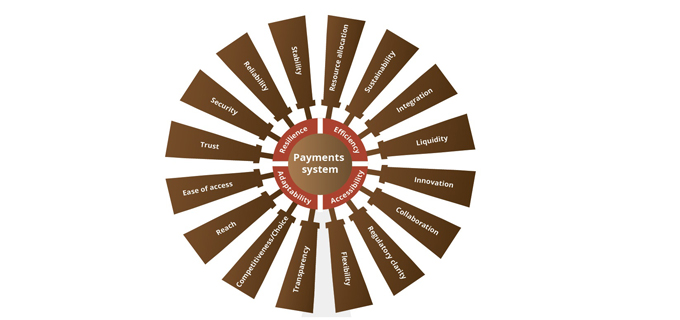
As I think about payments developments in 2014, what strikes me is that the payments world is now in a phase of collaborative systemic innovation, the like of which we have not seen in 20 years.
I have written about the cyclical nature of network evolution before. It’s all about network effects - ie the reality that, in payments as in other network industries, the net value of a service is proportional to the number of other people using the service. Wherever there are large network effects, an evolutionary balance must be struck continuously between service innovation based on the existing network, and systemic innovation to enhance the network itself. The former uses new technology and/or new business thinking to improve services to end users without trying to change the network itself - because this is expensive and hard to do. Service innovation tends to be competitive in nature. A good example is Square, which innovates in the merchant/customer interaction by riding the rails of the existing card schemes.
The latter - systemic innovation - seeks to upgrade the underlying network so that new and better services can ultimately be delivered to end users. The current global enthusiasm for real-time payments is largely in this category - building new networks to (eventually) deliver better services. Because this needs a large number of existing participants to coordinate in upgrading their technology and operations at the same time, it is typically collaborative more than competitive, and government often has an important role to play.




